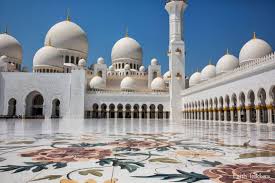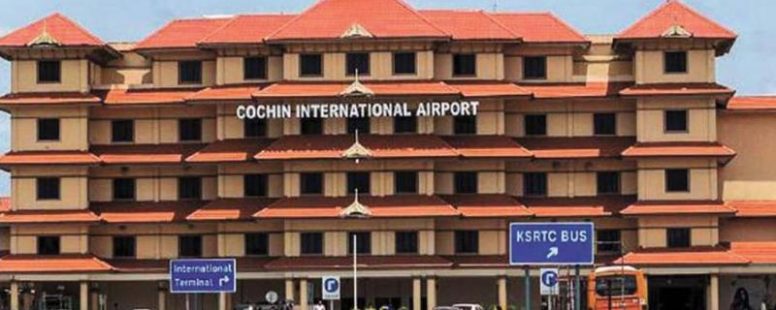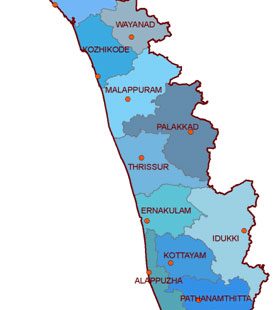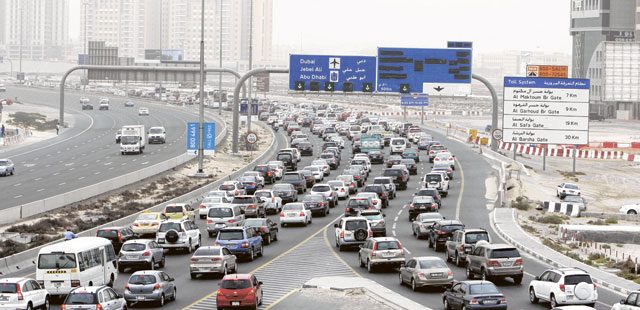Results & Trends IX: Religious Discrimination in India
3 periods of Kerala fieldwork over 2 years. 84 respondents. Mixed ages, provenance, community and class, different migration destinations. Special focus on Mavelikkara, Calicut & Mattancherry. Respondents split by gender. A mix of retired, returned, current migrants. In the free-flow of participant observation and 84 unstructured interviews, I heard some frightened voices and many despairing ones, when respondents spoke about India. One of the themes that came up in many







